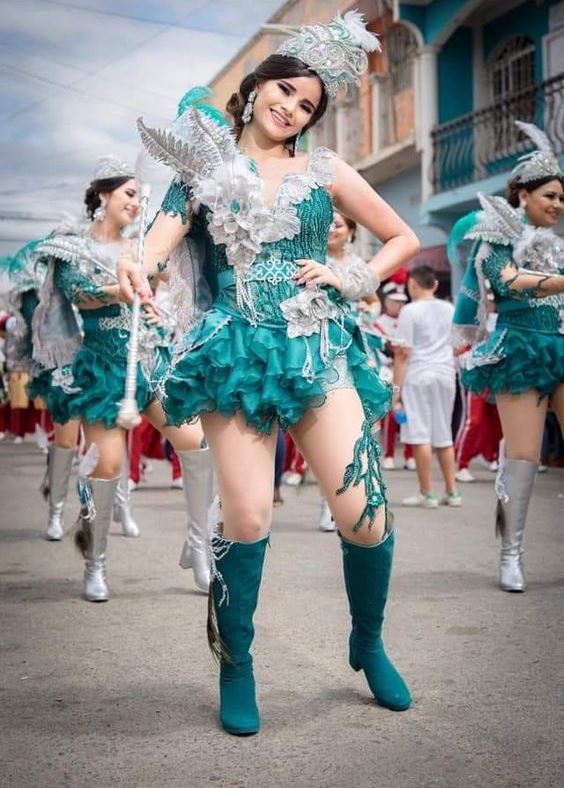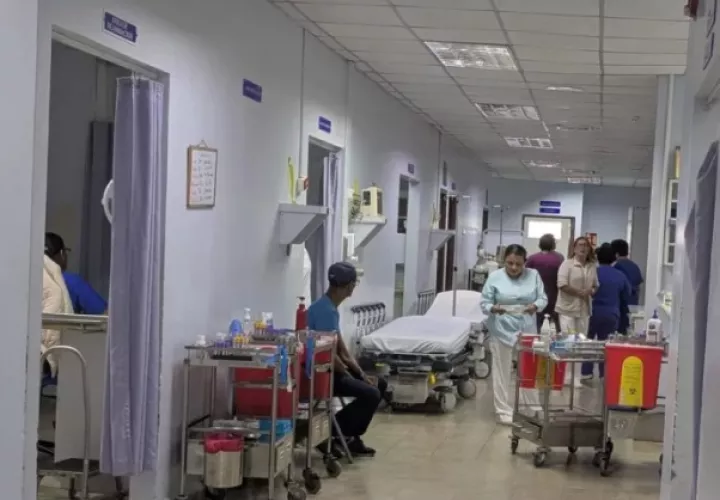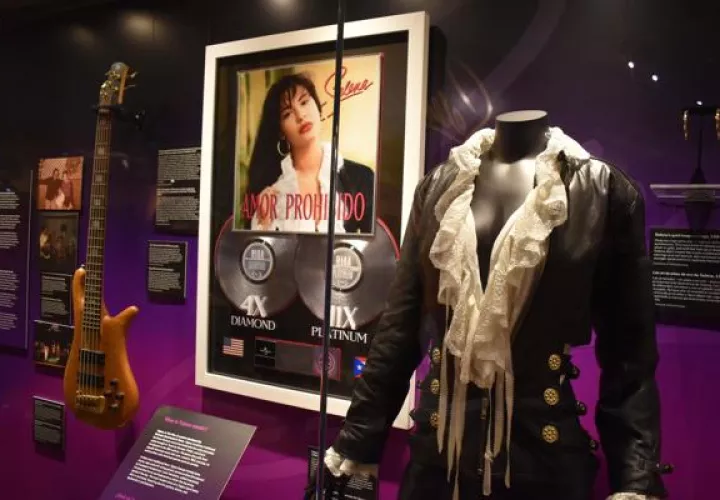Baton Majorettes in Panama Have Had Embarrassing Costume Malfunctions in the Past
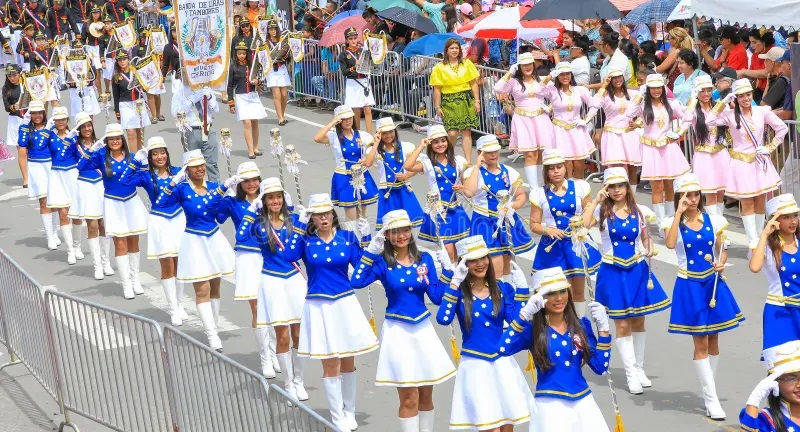
There have been regulations established, among other things, the prohibition of the use of translucent fabrics, low-cut tops, and miniskirts, both for students and for the ladies of independent bands. The sanctions for those who do not comply with these regulations can range from verbal and written warnings to suspension of participation, with sentences of up to 3 years for repeat offenders. “We are going to call both federations of independent bands so that things go well.
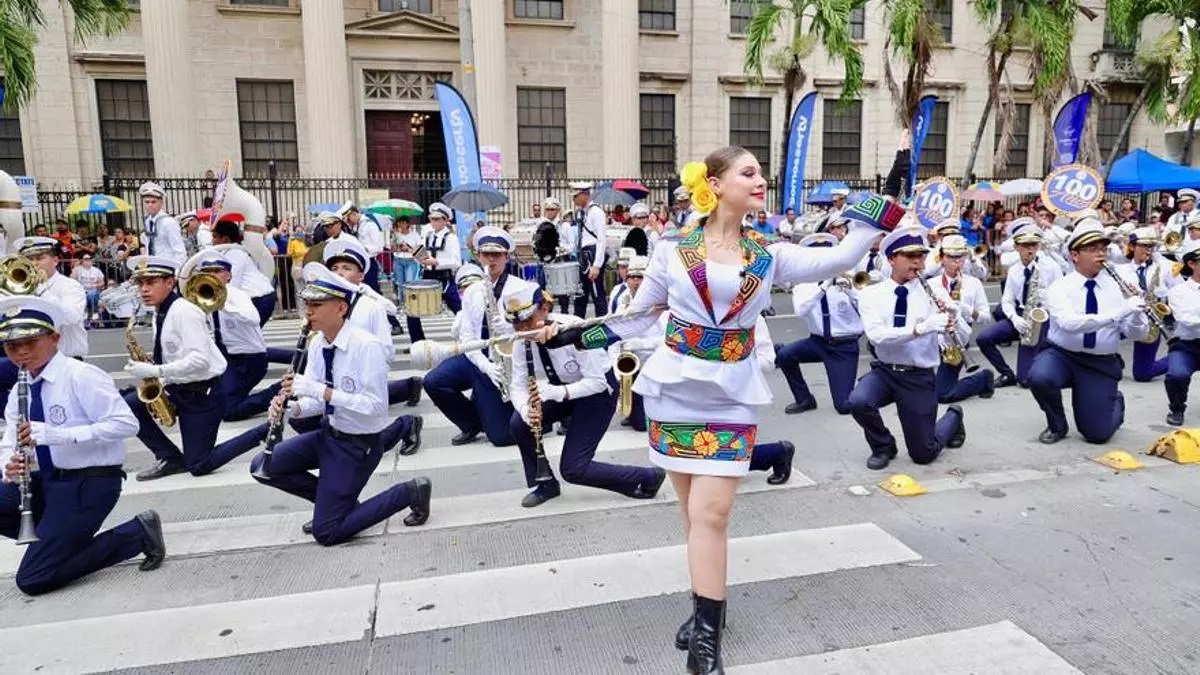
If we don’t do things well, what happened many years ago will happen again, when a female baton-twirler made an inappropriate movement with her baton, and she became exposed because her top was too low-cut. The crowd cheered but she was left not knowing where to hide her face because she was so embarrassed,” added Batista, recalling a past incident that reinforces the importance of maintaining the rules.

The country is just a few days away from the start of one of the most anticipated seasons for citizens: the national holidays. This year, around 15,000 students from all over the country are expected to participate in the traditional marching bands and war parades, as part of the activities that celebrate the independence dates of Panamanian history. Cristóbal Batista, coordinator of the national holidays, explained that the Ministry of Education has strengthened its regulatory role to ensure that the celebrations take place in an orderly manner and without incidents.
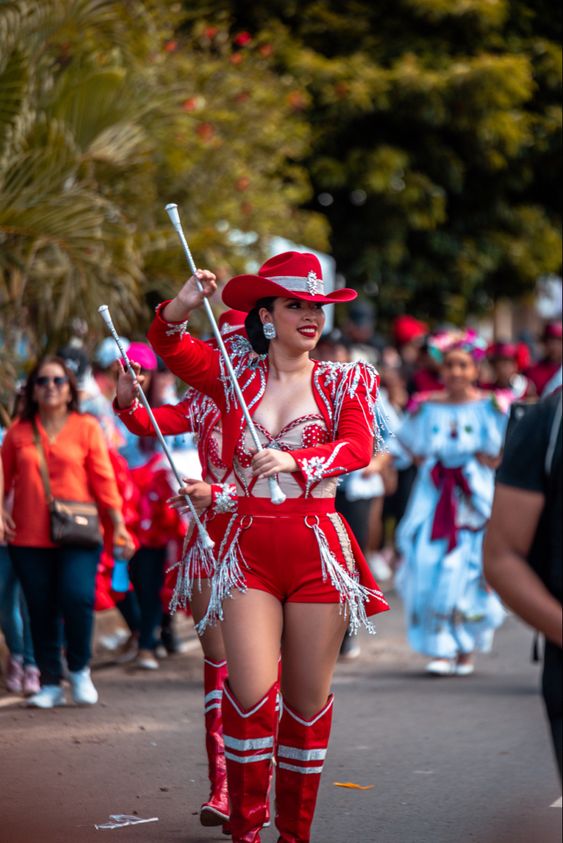
The goal is to avoid inappropriate behavior, especially in the use of clothing and performances. “We try to make sure things are done properly, it’s not that we prohibit just for the sake of prohibiting, they will still be punished,” said Batista, referring to the current regulations that govern the activities of student bands and independent bands.
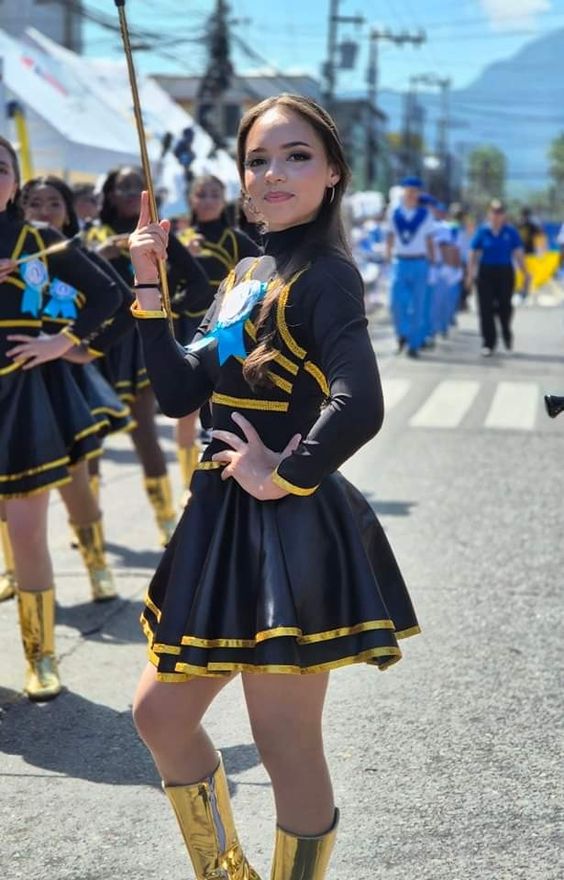
Participating delegations must comply with the provisions established in Decree 708 of 2010, which has been modified on several occasions (2011, 2014, 2016 and 2019) to adapt to the needs of the event. One of the points that has been reiterated this year is that delegations will not be able to stop in front of the main stage to make a presentation. According to the coordinator, students and participants will have to make their best presentation on the spot.
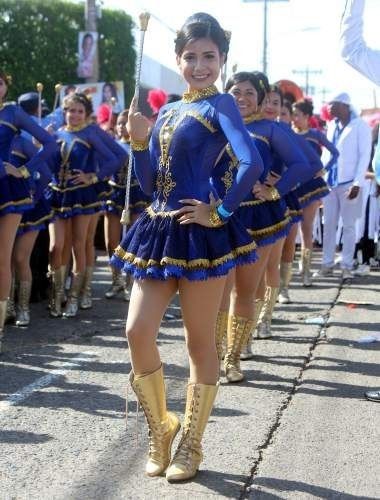
Batista explained that the decree also establishes that children under the age of 14 cannot participate in independent bands, even if their parents authorize it. However, from the age of 15, teenagers can join these groups and march as long as they present a notarized permission from their parents, along with a copy of their ID. “Some notarized permits from parents have already arrived, with a copy of their ID, and we are waiting for the day to arrive to verify if the permits match the training,” explained the coordinator.

The parade route will be subject to strict security control, with motor vehicles and animals, such as horses or pets, prohibited within the areas designated for the event. Motor vehicles will only be permitted during the opening of the parade, after which no motor vehicles will be allowed on the routes. For this edition of the national holidays, the participation of almost 100 delegations is expected, divided into both parade routes. More than 60 delegations represent different educational institutions, while another 30 correspond to independent bands.
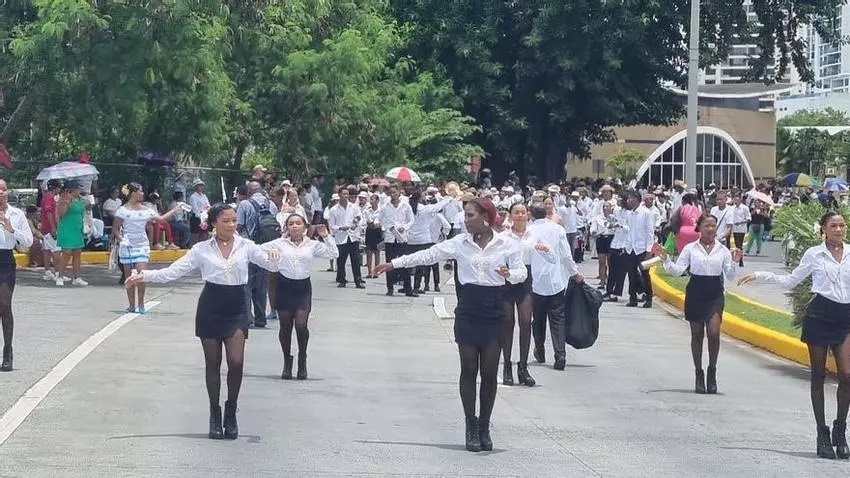
To ensure security during the festivities, an operations centre has been set up at the Presidency, which will supervise both parade routes. Routes 1 and 2 are covered with video surveillance cameras, which will help to act effectively in any emergency situation, Batista said. In addition, security fences will be installed along the entire route and meetings have been held with the authorities to ensure efficient coverage of critical points of the parade.
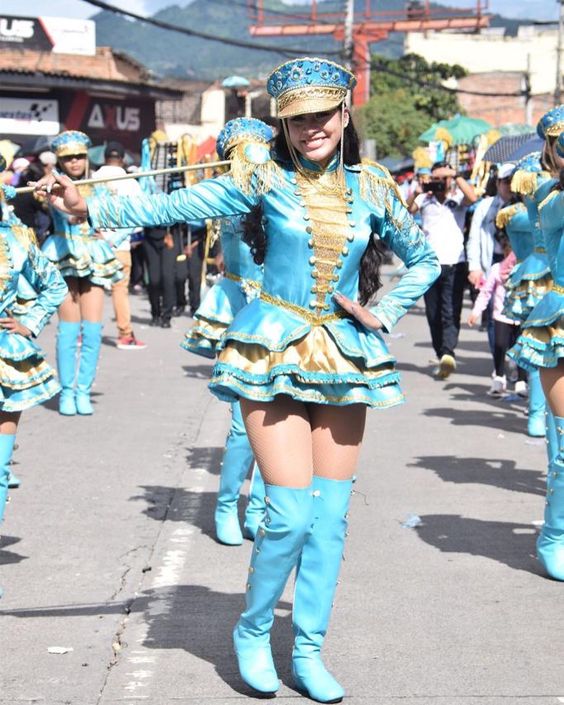
In the event that a child or student goes missing during the festivities, the Police for Children and Adolescents will be responsible for transporting them to the tents of the security forces or the Ministries of Health, Security and Education, where they will remain under guard until their parents or guardians appear. Expectations for these national holidays are high, and the authorities, together with the Ministry of Education, the entity in charge of supervising and coordinating this event, hope that with all the measures implemented, an event will take place with all the traditions of the country in an atmosphere of respect, order and security.
